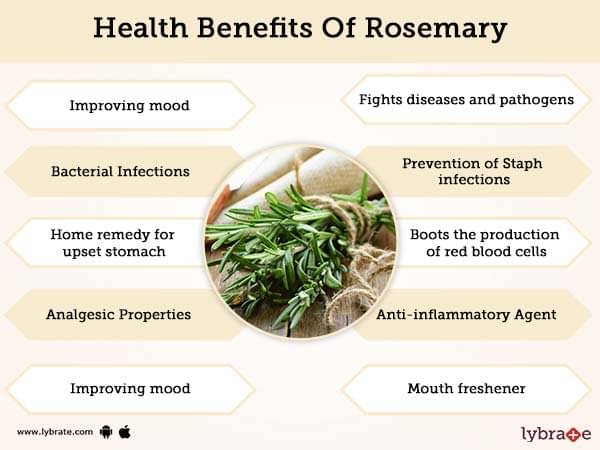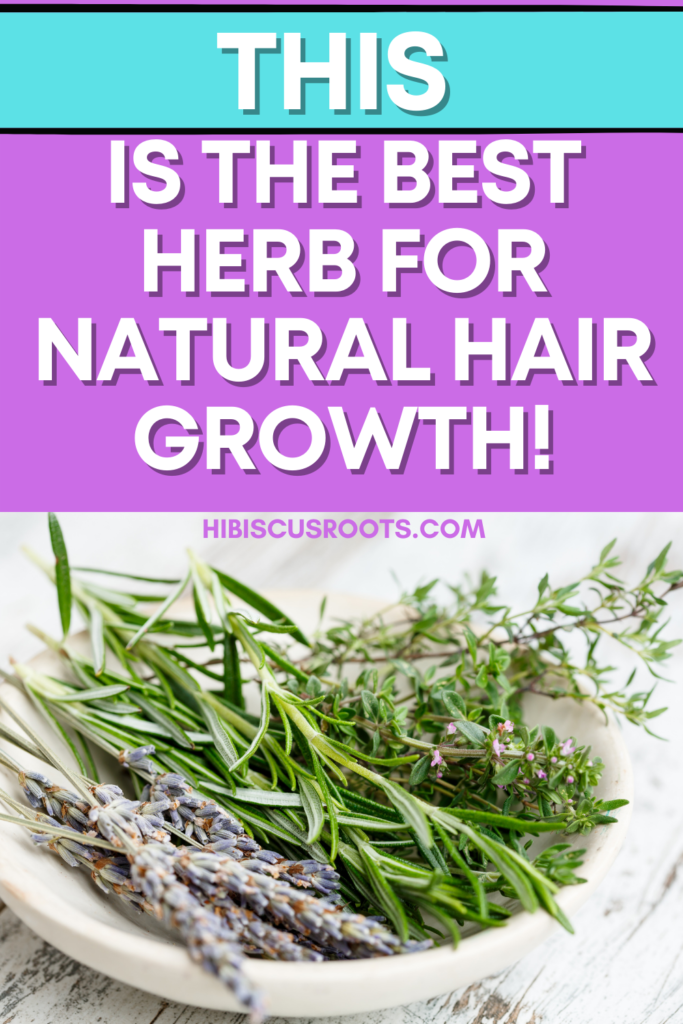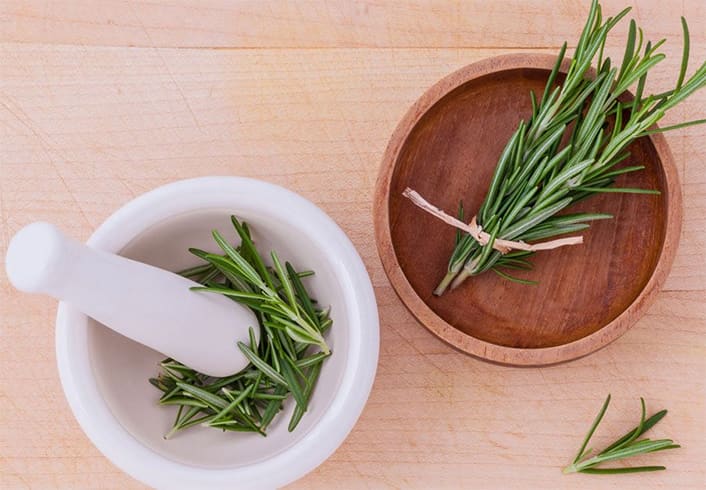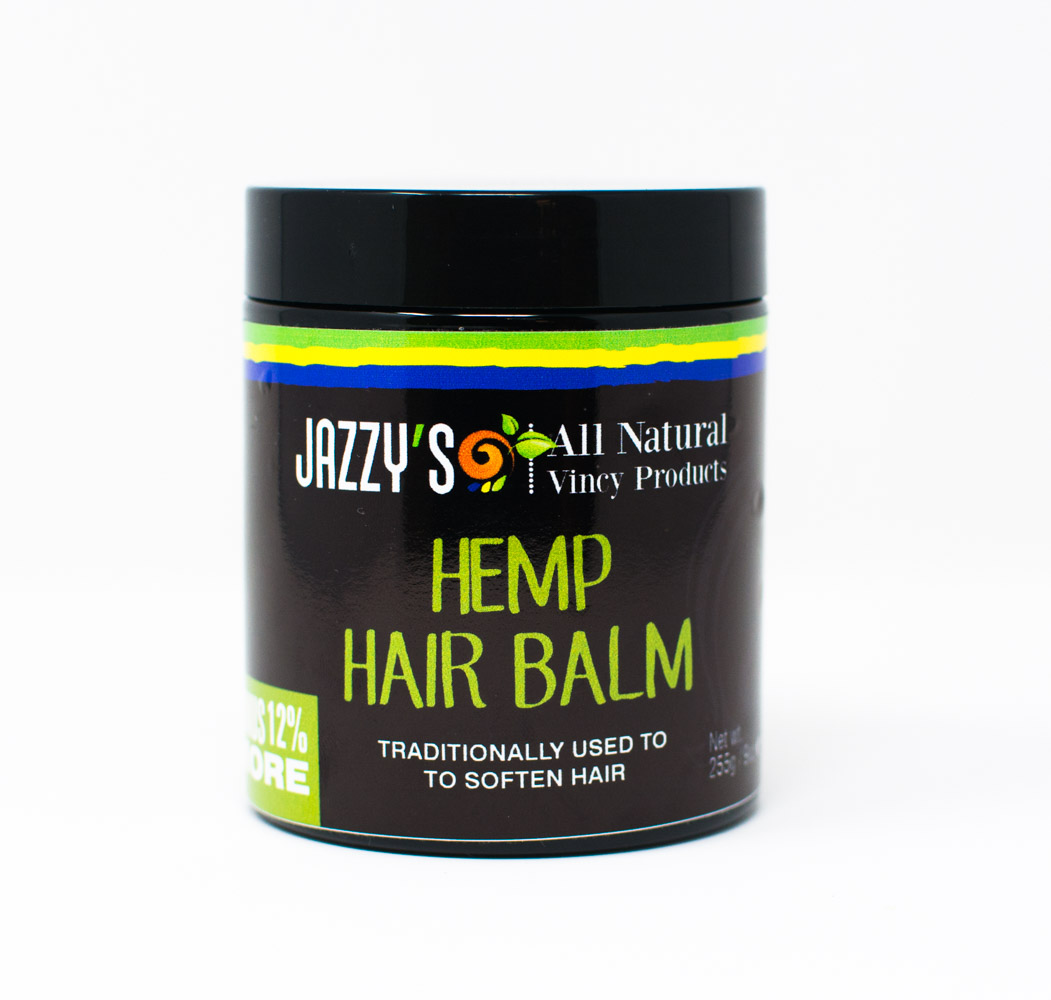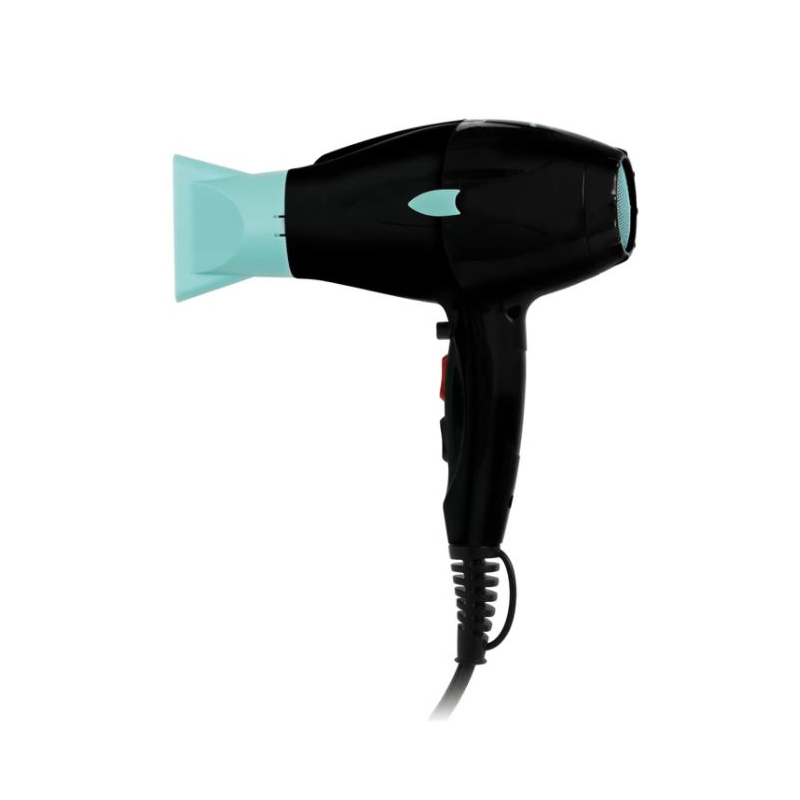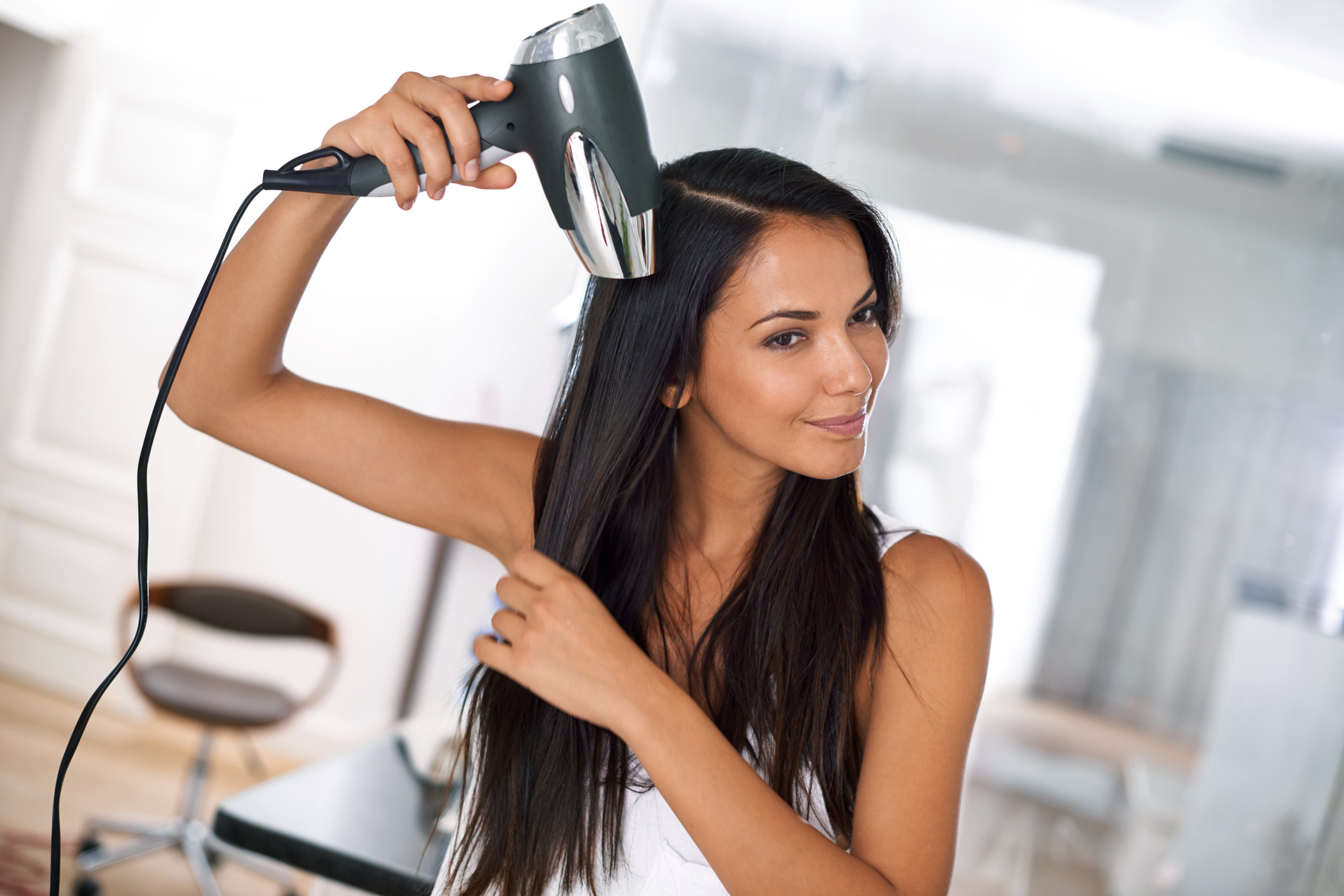Table Of Content

It uses basil leaf and baobab oils to help break down oils and gunk on my scalp, as well as balance my scalp microbiome. For that reason, cooks generally remove the small rosemary leaves from the stem before cooking, unless they plan to remove the stem after cooking. Like all dried herbs and spices, store dried rosemary in an airtight container in a cool dark space.
Are there side effects to using rosemary oil?
Some creators are boiling rosemary leaves, concocting custom rinses and sprays at home. Others are taking the more convenient route of snagging a ready-made product from their local beauty supply store. Additionally, both dermatologists note rosemary's anti-inflammatory properties, which can help decrease scalp irritation and dandruff. Now more than ever, folks are flocking to stores (both online and IRL) to buy rosemary-infused hair-care products in hopes of obtaining healthier, thicker hair. In fact, on TikTok, board-certified plastic surgeon Anthony Youn, MD, went viral after posting a video in which he claimed the ingredient could be as effective as rogaine, citing this 2015 study as evidence.
How to Use Rosemary Oil for Hair Growth: Benefits, DIY Remedies, And Precautions - PINKVILLA
How to Use Rosemary Oil for Hair Growth: Benefits, DIY Remedies, And Precautions.
Posted: Tue, 23 Apr 2024 06:21:00 GMT [source]
How do I use rosemary oil for hair growth?
It contains carnosic acid, which is known to have a healing effect in the case of nerve damage. Due to this, rosemary can provide your scalp with the nourishment it needs for growth. Research suggests that rosemary can play a part in stimulating hair growth. However, it's important to note that not all rosemary oils have the same concentration or potency.
How to Make a Rosemary Water Blend for Your Hair
The JVN Complete Pre-Wash Scalp & Hair Treatment Oil is formulated to simultaneously clean and soothe the scalp. It's enriched with rosemary, basil root, and sunflower extracts, along with a slew of conditioning ingredients like bisabolol, coconut oil, and squalane. Essential oils are oils extracted from plants that contain their healing properties and useful compounds in a concentrated form. However, traditionally, most herbal medicines rely on the use of the whole plant in the form of concoctions, broths, or dried parts.
Treats eczema and other inflammatory skin conditions
Yes, it's totally okay to leave rosemary oil on your hair and scalp overnight. However, if you're prone to buildup or your scalp is naturally oily, you'll probably prefer to wash it out in the morning and may need a clarifying shampoo to get your hair feeling clean. Just massage your scalp with rosemary oil 10 to 15 minutes before hopping in the shower, then wash it out with your usual shampoo and conditioner routine. Alternatively, instead of playing scientist and adding rosemary essential oil to other products, you can use ones that already include the ingredient. “There is one study that compared [rosemary oil] specifically to minoxidil (aka Rogaine off the shelf) and the finding is that the results appeared similar after six months,” says King. In another study performed on mice, the ingredient has also been shown to inhibit DHT, the male sex hormone that plays a major role in contributing to hair loss in both men and women.
In addition to promoting hair growth, rosemary oil can also help strengthen the hair and prevent breakage. The oil contains nutrients like vitamin E, iron, and calcium that can nourish the hair and improve its overall health. This can result in stronger, shinier hair that is less prone to damage. However, it is not clear whether these rosemary benefits occur in humans as studies are mostly done on animals.

Now that I live on my own, I still take the time to oil my scalp once a week—but rather than make my own blend, I use one of the many hair oils on the market. And dare I say, it's the reason I constantly get compliments on my healthy, smooth, long hair. Keep reading for my product recommendations, as well as how to properly oil your hair and how often you should be hair oiling, according to experts. If you want products that effortlessly fit into your beauty routine, consider the Aveda Rosemary Mint Purifying Shampoo and Aveda Rosemary Mint Weightless Conditioner.
What are the main benefits of rosemary oil for hair?
Here are some scientifically-backed reasons why you might consider trying out this trend. Choosing something with a higher concentration of rosemary oil may be an effective option for some people. It is important to take any skin allergies or sensitivities into account when choosing a product.
Superzero Solid Shampoo for Oily Hair
Keep in mind that while limited research suggests that rosemary oil may offer some benefits for hair growth, it’s unclear if it significantly impacts hair growth in everyone. Rosemary essential oil has been used to promote hair growth, and research shows that it may be as effective as some commercial hair growth products. It might also help prevent hair loss, dandruff, and premature graying. Rosemary oil is rich in antioxidants that can help improve scalp health and stimulate hair follicles. The oil also has anti-inflammatory properties that can help soothe scalp conditions like dandruff and itching, which can also contribute to hair loss.
Rosemary Oil: Benefits, Uses, Side Effects, and More - Health.com
Rosemary Oil: Benefits, Uses, Side Effects, and More.
Posted: Tue, 18 Jul 2023 07:00:00 GMT [source]
Additionally, New York City-based board-certified dermatologist Hadley King, M.D., previously told Allure, "Aloe vera has humectant properties, which means it can help hydrate the scalp and hair." When it comes to hair growth and overall hair health, rosemary oil has some proven benefits. Dr. Garshick says some studies have shown that it can produce similar results to hair growth medication minoxidil after six months.
Just like any new ingredient you’re introducing to your routine, be careful and start off slowly to gauge if your hair and skin can take it. When you go to actually apply the rosemary water, the techniques found on social media seem to vary a bit. Some users have suggested pouring the mixture over the roots and scalp, while others have found it handy to use a spray bottle and aim it at the scalp and strands as desired. It’s generally intended to be a last step rinse of sorts during your shower routine. Some videos suggest around five cups of water to five buds of rosemary. Let the mixture boil for 15 minutes, reduce the heat, and let the concoction sit until the water appears to have a pink or red hue to it.
When you cook with rosemary, you might use the dried ground spice or fresh rosemary from the produce section of the market. Nutrition facts vary slightly because the concentration is different with each version, but using rosemary in your food is not likely to make a substantial difference in the calorie count or nutrient makeup of your meal. While it was thought that rosemary could improve the effects of fibromyalgia, early research suggests that taking a product containing rosemary, hops, and oleanolic acid does not, in fact, improve symptoms of fibromyalgia. Some studies in rats have identified that rosemary might be useful for people who have experienced a stroke.
Friese recommends the BosRevive Non Color-Treated Hair Nourishing Shampoo as it contains rosemary extract and several other natural ingredients believed to promote hair growth, including pumpkin seed oil and saw palmetto. You can also add essential oils for your preferred health and beauty benefits. These may incorporate a mixture of baking soda, coconut oil, essential oil, and possibly other oils. In recent years, there have been claims that the oil may be great for hair growth.
Minerals in rosemary include calcium, iron, and magnesium, and manganese. Some research suggests that taking a product containing rosemary, centaury, and lovage may be able to decrease the amount of protein in the urine when taken with standard diabetes medications. Protein in the urine is a marker for kidney disease in diabetic patients. Malia Frey is a weight loss expert, certified health coach, weight management specialist, personal trainer, and fitness nutrition specialist. However, extremely large doses can trigger serious side effects, although this is rare. According to research outlined in Therapeutic Advances in Psychopharmacology, the aroma from rosemary can improve a person’s concentration, performance, speed, and accuracy and, to a lesser extent, their mood.
When using rosemary oil topically, it’s best to mix it with a carrier oil and always test a small patch of skin before applying rosemary oil to larger surfaces to see how your body reacts. Add a few drops of rosemary oil to the carrier oil to make the oil for massaging into hair. The National Association of Holistic Aromatherapy recommends using no more than 20 drops of essential oil per ounce of carrier oil. When you wash your hair, add a few drops of rosemary oil to your shampoo. Start with two or three drops per application of the shampoo product (such as a sample of the shampoo the size of a U.S. quarter). In addition to reducing hair loss and stimulating hair growth, rosemary has been linked to other hair and scalp benefits, including reducing dandruff and limiting premature graying.
As you may have seen on your TikTok FYP, it has many benefits for treating the scalp and hair, and this is one social media craze that actually has research to support its claims, says Ramya Garlapati, MD. Before Pantene, Queen Helene and Head and Shoulders, women turned to their gardens, woods and fields for plants that met all of their beauty needs. Whether it be a cure to dandruff, premature balding, dull strands or a desire for a new hair color, there was a plant that they knew could meet their specific demands. And when it comes to plants with hair benefits, rosemary has long been used for its hair growth properties and so much more. It’s an all-purpose ingredient to have in your toolkit, and here are just four of the ways you can use rosemary for hair growth.
